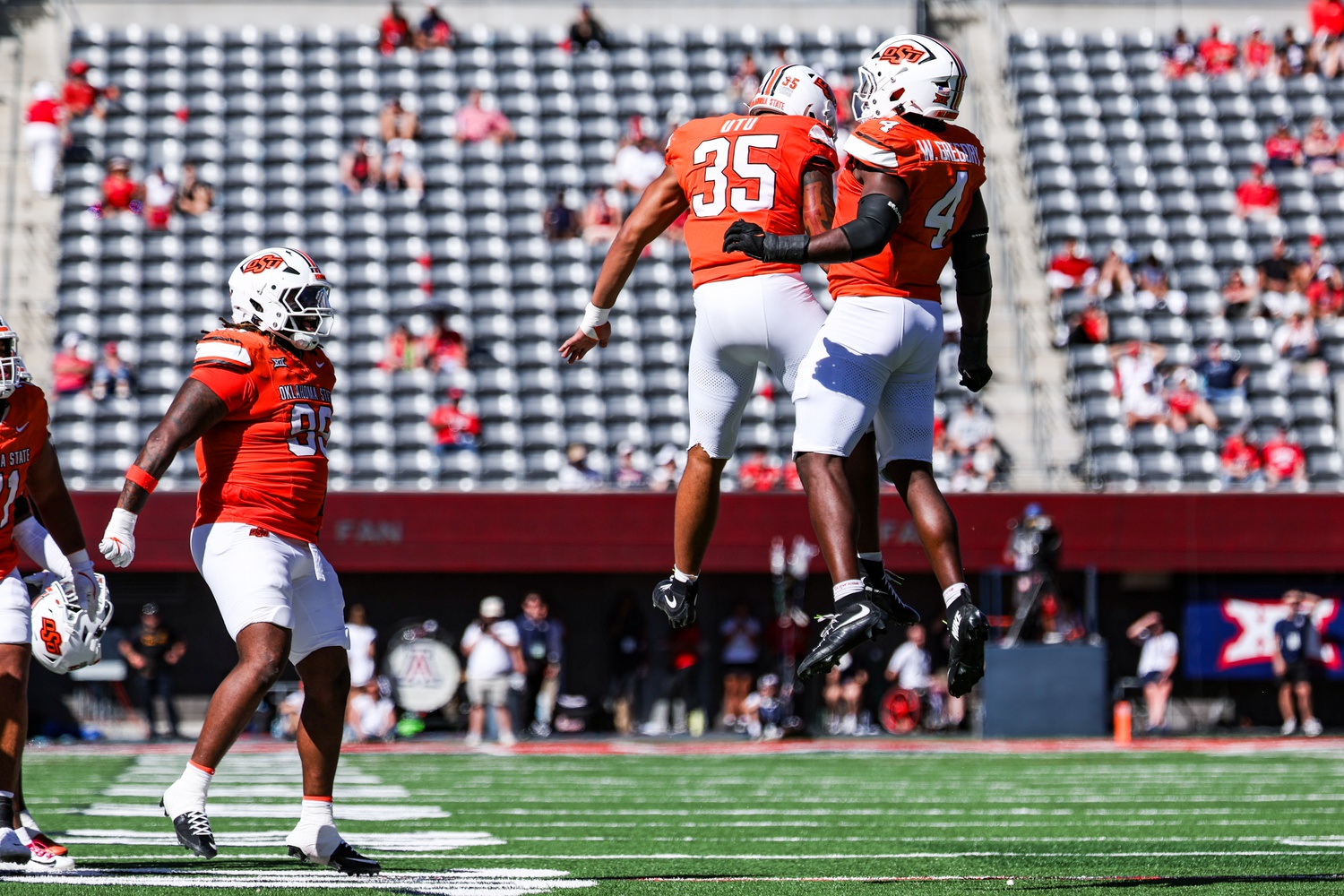On Monday, Rep. Michael Baumgartner (R., Wash.) introduced a bill aimed at blocking private-equity deals with athletic departments or conferences, according to a draft of the bill obtained by Front Office Sports. It also attempts to block deals with hedge funds or foreign sovereign funds.
The seven-page “Protect College Sports from Private Equity and Foreign Influence Act” (the PROTECT Act), would amend the Higher Education Act of 1965 to say that no school or conference could sell an ownership stake or transfer “profit, net-revenue, or gross revenue” to a sovereign wealth fund, private equity fund, or hedge fund. (That includes outside entities created to spin off assets like media rights or real estate.)
It also prohibits any type of deal that “grants such firm or fund control rights over athletics decisions, institutional branding, scheduling, personnel, or student participation.”
Other financial agreements, like donor gifts, bank loans, public bonds, or vendor contracts would still be allowed, however.
“Agreements that convey ownership, revenue-sharing, control rights, or security interests in intercollegiate athletics to private equity, hedge funds, or similar vehicles are inherently conflicted, create pressure to maximize short-term cash flows at the expense of educational and Title IX obligations, and risk extracting wealth from publicly supported institutions and their students—undermining transparency, accountability, and the public purposes for which those institutions exist,” the bill reads.
The legislation was introduced just days after ESPN reported—and FOS confirmed—that the Big Ten was considering a $2 billion private-capital deal. The deal would not offer a stake in the conference directly, but would offer a stake in an entity spun off from the conference that would include media rights and other valuable assets. The 18 colleges and the conference itself would each also get a stake.
The Big Ten’s private-equity deal would theoretically be illegal under this bill, however, as would other models introduced over the past several months.
Elevate, a sports business consultancy firm, signed deals with two schools, and Boise State is currently working on a private-capital deal, FOS reported this summer. Then, private-equity firm Sequence Equity pitched breaking away the FCS football postseason to be run by FCS conferences and the firm. The Big 12 considered a deal with RedBird Capital this past summer, FOS confirmed, but ultimately opted against it.
This isn’t Baumgartner’s first foray into the world of college sports legislation. He has loudly opposed the NCAA- and power-conference-backed SCORE Act, which would give the NCAA antitrust exemptions to enforce restrictions on things like transfers and compensation; deem athletes amateurs and not employees; and create a national NIL standard. The bill was stalled in Congress even before the current government shutdown.
“It’s absurd and outrageous that the same Big Ten Commissioner who wants the SCORE Act passed by Congress is the same guy trying to bank a pay day from selling PUBLIC UNIVERSITY sports to private equity groups,” Baumgartner said in a post on X last week, referring to Tony Petitti. “College sports needs to be RESTORED to a sustainable STUDENT-ATHLETE first model.”





![[Subscription Customers Only] Jun 15, 2025; Seattle, Washington, USA; Botafogo owner John Textor inside the stadium before the match during a group stage match of the 2025 FIFA Club World Cup at Lumen Field.](https://frontofficesports.com/wp-content/uploads/2026/02/USATSI_26465842_168416386_lowres-scaled.jpg?quality=100&w=1024)
![[Subscription Customers Only] Jul 13, 2025; East Rutherford, New Jersey, USA; Chelsea FC midfielder Cole Palmer (10) celebrates winning the final of the 2025 FIFA Club World Cup at MetLife Stadium](https://frontofficesports.com/wp-content/uploads/2026/02/USATSI_26636703-scaled-e1770932227605.jpg?quality=100&w=1024)










